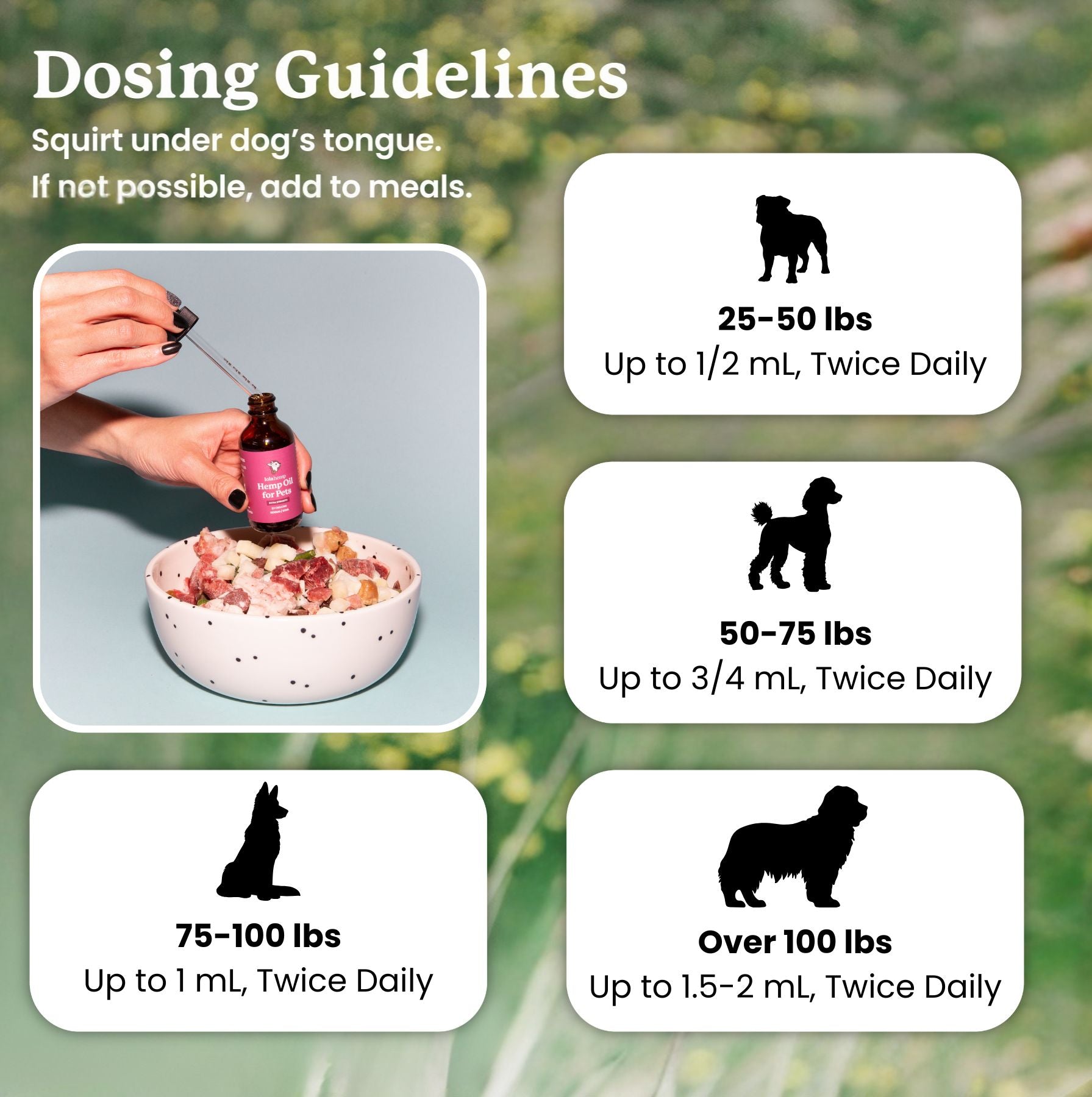Despite the name "Shepherd" in its name, the Anatolian Shepherd is classified as a working breed dog. Anatolian Shepherds are large, determined, and focused dogs that have been tasked with guarding livestock, protecting families, and even protecting endangered animals like cheetahs.
This breed is one of the oldest domestic dogs, with bloodlines spanning back thousands of years—and for good reason. Anatolian Shepherds are excellent at their jobs, and their jobs are important. They're also close cousins of Kangals, which are a larger and more assertive breed with similar characteristics.
Let's learn more about this wonderful breed, how it developed, and what kind of dogs these are as family pets.
The History of Anatolian Shepherds
The Anatolian Shepherd's ancestors were some of the first livestock guardian dogs ever known to man. They have origins in the migrating groups of humans who originally brought their sheep toward Asia from the Middle East a few thousand years ago.
The modern Anatolian Shepherd was bred in the 1930s and 1940s, leading to a consistent breed standard in the 1970s that was officially recognized by the AKC in 1996.
These dogs are intelligent and very observant. Many farm owners own Anatolian Shepherds who, in large part, live and sleep outside to keep watch over the property. They'll stay on guard through the night, taking special care and ownership over the animals present.
In almost all cases, a protective Anatolian Shepherd can easily outmatch or scare off any predator. This is especially true in North America, and even more so if there are multiple Anatolian Shepherds present.
These dogs can ward off wolves, coyotes, foxes, bears, and big cats. Naturally, some bears and big cats will outmatch the Anatolian Shepherd in a physical encounter, but the wit and presence of the shepherd will almost always deter the animals.
When using Anatolian Shepherds to guard livestock from formidable predators (grizzly bears, lions, packs of wolves), it's best to employ a team of 2–5 dogs that can work together. These dogs are social and can communicate well with one another, making them an excellent resource for anyone protecting a significant property.

Personality & Qualities of the Anatolian Shepherd
These dogs are big, active, intelligent, and driven. They need a job to do, and if they don't have one, they could get very restless and potentially destructive.
At the same time, when they do have a flock to care for—or even a person to watch over—they can be the sweetest and most nurturing dogs in the world. They are truly bred to love their flock like they are members of the same family.
The energy Anatolian Shepherds possess, however, can make them very explosive and powerful, even when they're in a loving mood. That's why it's important to train them well and introduce them to new animals cautiously.
Anatolian Shepherds can be challenging to train, but not because they're unintelligent. They're strong, independent thinkers and they have a will of their own. They're so smart that they might weigh the value of your commands against their own judgment on a specific issue.
For these reasons, bringing an Anatolian Shepherd home is a decision to be made carefully. Do you have the right amount of space to give them room to roam, think, and play?
Health Issues in Anatolian Shepherds
Anatolian Shepherds are more prone to hip and joint issues like arthritis and hip dysplasia due to their large size and rapid growth rate. Their large size contributes to more wear and tear on the joints, especially for dogs that are actively working.
Large dogs tend to have a rapid growth rate when they're puppies, and this often causes the hip socket to form improperly alongside the joint, which leads to friction. This combination of issues is the leading cause of hip dysplasia, which can be a very uncomfortable and life-altering issue.
There are things dog owners can do to protect their pets from hip and joint issues, however. You can monitor closely for the signs, supplement with products that can ease inflammation and strengthen cartilage, and keep in close contact with your veterinarian as your dog ages to make sure you're doing everything you can.
Should You Own an Anatolian Shepherd?
The Anatolian Shepherd is not your average family dog. Bred for centuries to guard livestock independently, this breed is best suited to experienced dog owners who understand the instincts and challenges of working dogs. Their independent nature, strong territorial instincts, and immense size require thoughtful training and consistent boundaries from an early age.
Rural settings with space to roam are ideal. Anatolians thrive on large properties, especially where they can fulfill their natural guarding role. While they can live peacefully with families, including children, they require early socialization and firm, respectful handling. Suburban or urban life can be difficult unless the owner is highly committed to structured exercise, mental stimulation, and managing the dog's protective instincts.
This breed is best for those seeking a serious guardian, not a social butterfly. Anatolian Shepherds are loyal, intelligent, and capable—but they are not overly affectionate or eager to please. Owners should be calm, confident, and capable of managing a strong-willed, independent breed that was never intended to be a lap dog.










